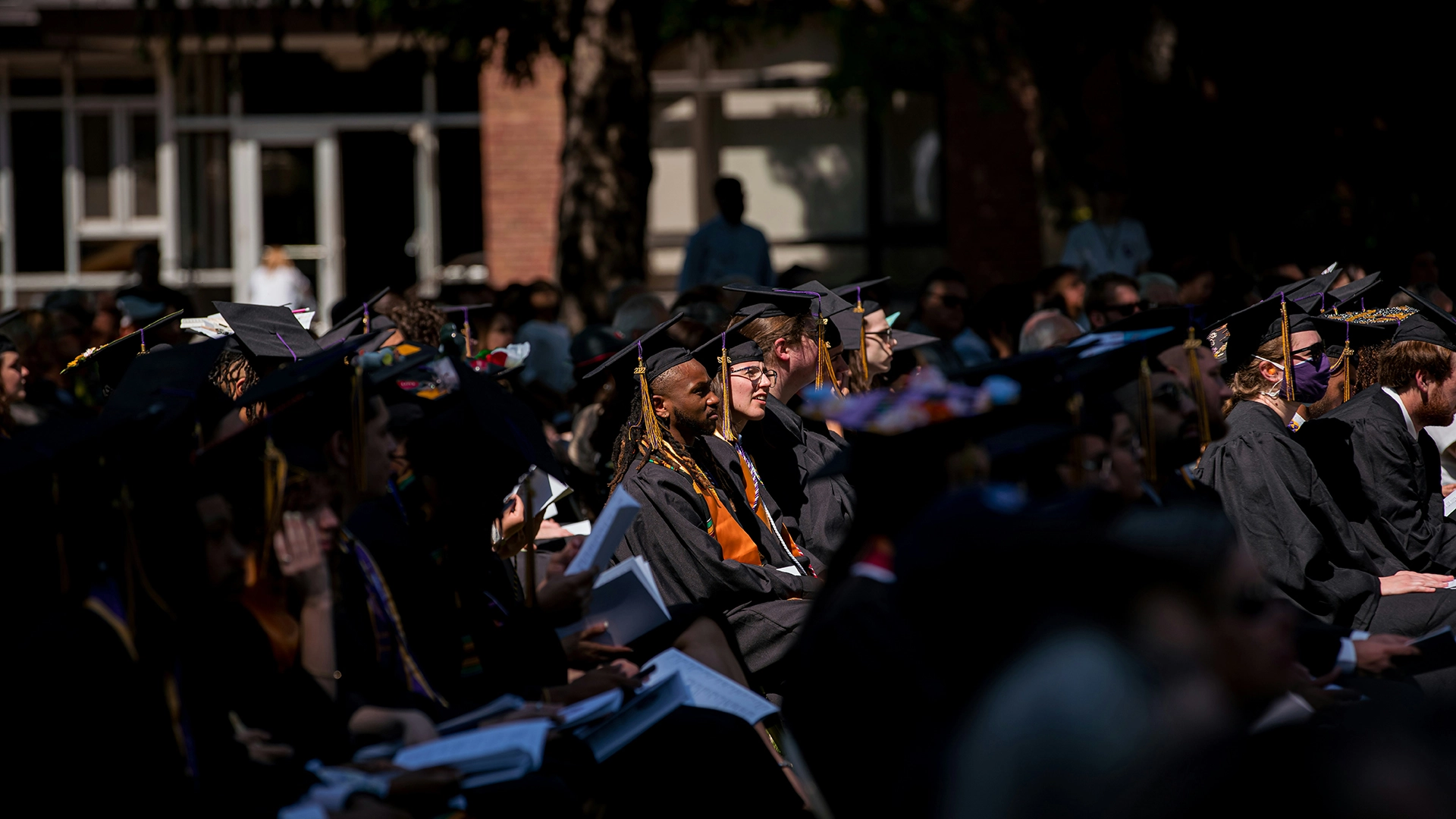
Image by Moses Malik Roldan, from Unsplash
U.S. Requires Foreign Students To Make Social Media Public For Visas
The U.S. State Department now requires foreign students to disclose their social media content for visa applications.
In a rush? Here are the quick facts:
- The U.S. now requires student visa applicants to make social media profiles public.
- Private accounts may be seen as hiding anti-American sentiment.
- New policy applies to F, M, and J visa applicants.
The U.S. State Department announced that consular officers will examine social media content to detect anti-American sentiments, while treating private and hidden accounts as possible attempts to “evade or hide certain activity,” as reported by the Wall Street Journal.
“The enhanced social media vetting will ensure we are properly screening every single person attempting to visit our country,” a senior State Department official told the WSJ. Applications for F, M, and J visas, which include academic and cultural exchange programs, can now resume under these new standards.
The department suspended visa interviews to create new screening procedures that included broader social media evaluation, as noted by the WSJ. The application process now requires applicants to set their profiles to public visibility.
The WSJ reports that the Trump administration has established this new policy as part of its broader initiative to tighten student visa regulations. The government has recently targeted Pro-Palestinian student demonstrations, while threatening visa revocation for students linked to the Chinese Communist Party, as well as those studying sensitive subjects.
The WSJ reports of a case last month where the Department of Homeland Security attempted to suspend Harvard University’s ability to enroll foreign students, claiming the school failed to ensure campus safety for Jewish students. The department alleged that many “anti-American, pro-terrorist agitators” were foreign nationals. However, a federal judge temporarily blocked that suspension.
However, the new policy may raise legitimate concerns around infringement on privacy rights, and may have a chilling effect on academic freedom by compelling students to disclose details about their personal online behavior.
The policy guidance requires staff members to evaluate applicants’ social media profiles for evidence of anti-American value positions or national security threats. While the stated intent is to safeguard national interests, the criteria are broad and open to interpretation, as noted by the Washington Post.
As Stuart Anderson, executive director of the National Foundation for American Policy, noted, it remains unclear how narrowly or broadly these guidelines will be enforced. “I don’t think any American would want to be judged by their worst tweet,” he said to The Post, warning that a wide-reaching interpretation could unfairly bar students who otherwise merit a visa.
NPR further noted that over one million international students in the U.S. contribute $40 billion yearly, but new Trump-era policies are driving interest down sharply. Colleges relying on their tuition and cultural presence may face serious challenges.
Still, the administration maintains that the rules are needed for national security. Visa applicants who fail to comply may face delays or denials in their approval process.


 Previous Story
Previous Story

 Latest articles
Latest articles 